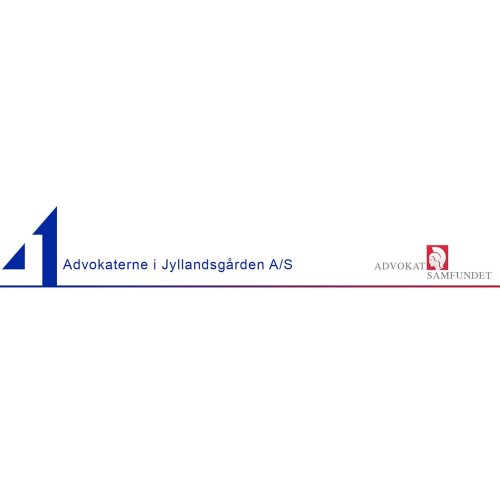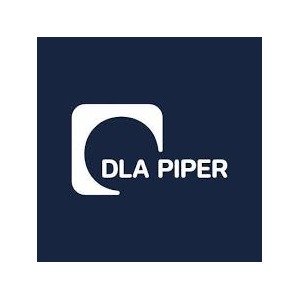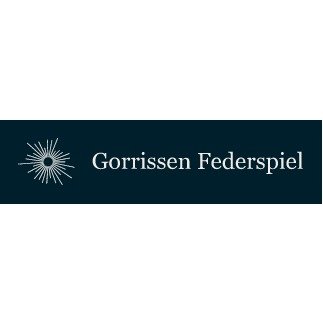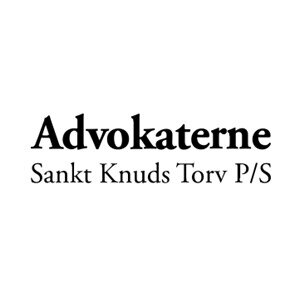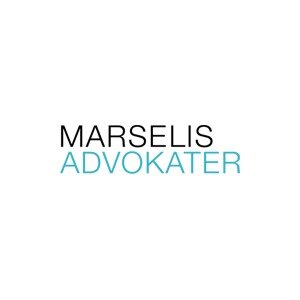Best Water Law Lawyers in Aarhus C
Share your needs with us, get contacted by law firms.
Free. Takes 2 min.
List of the best lawyers in Aarhus C, Denmark
About Water Law in Aarhus C, Denmark
Water Law in Aarhus C, Denmark, is a specialized legal area that governs the ownership, management, and use of water resources within the city and its surroundings. It covers regulations related to surface water, groundwater, watercourses, lakes, coastal waters, and the rights and responsibilities of individuals, businesses, and public authorities regarding water usage. Danish Water Law is largely based on national legislation such as the Water Supply Act (Vandforsyningsloven) and the Environmental Protection Act (Miljøbeskyttelsesloven), but also includes EU directives and local regulations implemented by Aarhus Municipality.
Why You May Need a Lawyer
There are several scenarios where individuals or organizations in Aarhus C may need legal assistance regarding Water Law. Common situations include:
- Disputes over water rights, such as access or usage of shared watercourses
- Compliance with water quality standards for businesses or agricultural activities
- Regulation and approval of construction projects affecting water bodies
- Permits and permissions for groundwater extraction or wastewater discharge
- Flooding, drainage issues, or water-related environmental concerns affecting property owners
- Challenging or understanding local water tariffs and utility regulations
- Enforcement actions or fines imposed by local authorities regarding water-related infractions
- Environmental impact assessments for projects near lakes, streams, or coastlines
A lawyer specializing in Water Law can help you understand your rights and obligations, represent you in disputes, and guide you through the application and compliance processes required by law.
Local Laws Overview
In Aarhus C, local and national regulations work together to govern water resources. Some of the key aspects include:
- Water Supply Act: Sets out requirements for access to safe drinking water, water supply planning, and the responsibilities of utilities and consumers.
- Environmental Protection Act: Contains provisions aimed at preventing water pollution from agricultural, industrial, and domestic sources, including wastewater management and discharge permits.
- EU Water Framework Directive: Integrated into Danish law, this sets long-term goals for water quality and ecological status of rivers, lakes, groundwater, and coastal waters.
- Municipal Regulations: Aarhus Municipality implements and enforces regulations concerning local water supply, sewerage, stormwater management, and flood protection projects.
- Permitting and Consultation: Many activities near water bodies or involving significant water usage require permits from local or regional authorities, often after a process of public consultation and assessment of environmental impact.
- Dispute Resolution: Water-related disputes may be settled administratively or brought before courts or specialized boards.
Frequently Asked Questions
What types of water rights exist in Denmark?
Danish law recognizes public and private rights to water. Most surface waters are public, with usage regulated by authorities. Certain groundwater abstraction and usage rights may be granted to private landowners through permits.
Do I need a permit to extract groundwater in Aarhus C?
Yes, you generally need a permit to extract groundwater, especially for amounts over a minimal threshold or for commercial, agricultural, or industrial purposes. The municipality reviews and issues these permits.
How is water pollution regulated?
Laws regulate wastewater discharge, agricultural runoff, and industrial effluents. Permits are required for most discharges, and there are strict environmental standards for water quality under the Environmental Protection Act and EU law.
Is rainwater management my responsibility as a property owner?
Property owners are often responsible for managing rainwater on their land, including proper drainage to avoid flooding of neighboring properties. Some measures require approval from the municipality.
What should I do if my property is flooded due to public infrastructure?
You should contact the Aarhus Kommune technical administration. In some cases, you may be entitled to compensation or remedial action if public negligence can be proven.
Can I build close to a stream or lake?
Building close to water bodies is regulated and typically requires special permits. Setback distances must be respected, and environmental impact assessments may be necessary.
How are disputes over water use resolved?
Most disputes are initially handled by the municipality. If not resolved, they may proceed to the Environmental Appeal Board or be brought before the ordinary courts.
Who controls the public water supply and sewer systems?
Aarhus Vand A/S is responsible for public water supply and wastewater management in Aarhus C, working under municipal oversight and national regulations.
What obligations do businesses have regarding water usage?
Businesses must comply with permits, water-saving measures, pollution controls, and reporting requirements. Specific obligations vary based on business activity and location.
How can I check the legality of water-related projects?
Contact Aarhus Municipality's Teknik og Miljø department before starting any project that affects or uses water resources to ensure compliance with all legal requirements.
Additional Resources
If you need more information or assistance with Water Law in Aarhus C, the following resources may be helpful:
- Aarhus Kommune Teknik og Miljø: Local authority for environmental and water matters, including permits and guidance.
- Aarhus Vand A/S: The municipal water utility handling water supply and wastewater.
- Danish Environmental Protection Agency (Miljøstyrelsen): National body responsible for environmental regulation, including water quality standards.
- Environmental Appeals Board (Miljø- og Fødevareklagenævnet): Handles complaints and appeals related to Water Law decisions.
- Local legal aid offices and professional bar associations: For those eligible, they may offer guidance or referrals to qualified Water Law specialists.
Next Steps
If you need legal assistance regarding Water Law in Aarhus C, Denmark, start by clearly identifying the specific issue or question you face. Collect all relevant documents, such as correspondence, permits, or official notices. Reach out to Aarhus Municipality’s Teknik og Miljø department for initial guidance or clarification. If your issue is complex or involves a dispute, seek a lawyer experienced in Water Law. You can find legal professionals through the Danish Bar and Law Society or ask for recommendations from relevant local or national organizations. A qualified Water Law lawyer can help you understand your rights, ensure compliance, and advocate on your behalf if necessary. Early legal advice can save time and prevent complications.
Lawzana helps you find the best lawyers and law firms in Aarhus C through a curated and pre-screened list of qualified legal professionals. Our platform offers rankings and detailed profiles of attorneys and law firms, allowing you to compare based on practice areas, including Water Law, experience, and client feedback.
Each profile includes a description of the firm's areas of practice, client reviews, team members and partners, year of establishment, spoken languages, office locations, contact information, social media presence, and any published articles or resources. Most firms on our platform speak English and are experienced in both local and international legal matters.
Get a quote from top-rated law firms in Aarhus C, Denmark — quickly, securely, and without unnecessary hassle.
Disclaimer:
The information provided on this page is for general informational purposes only and does not constitute legal advice. While we strive to ensure the accuracy and relevance of the content, legal information may change over time, and interpretations of the law can vary. You should always consult with a qualified legal professional for advice specific to your situation.
We disclaim all liability for actions taken or not taken based on the content of this page. If you believe any information is incorrect or outdated, please contact us, and we will review and update it where appropriate.





